Home>Articles>How Long Does Homemade Chicken Soup Last In The Refrigerator


Articles
How Long Does Homemade Chicken Soup Last In The Refrigerator
Modified: August 27, 2024
Discover how long homemade chicken soup lasts in the refrigerator in this informative article. Find out the proper storage techniques and shelf life for your favorite comfort food.
(Many of the links in this article redirect to a specific reviewed product. Your purchase of these products through affiliate links helps to generate commission for Storables.com, at no extra cost. Learn more)
Introduction
There’s something comforting and nourishing about a steaming bowl of homemade chicken soup. Whether you’ve made it from scratch or had it lovingly prepared by a family member or friend, homemade chicken soup has a way of soothing both the body and soul. But how long can you savor the flavors of this timeless classic? How long does homemade chicken soup last in the refrigerator?
Homemade chicken soup often contains a blend of ingredients such as chicken, vegetables, herbs, and spices, all simmered together to create a rich and flavorful broth. While the taste and aroma of this delicious concoction may tempt you to keep it stored for as long as possible, it’s important to understand the factors that affect its shelf life and the proper storage methods you should follow.
In this article, we will explore the various factors that impact the shelf life of homemade chicken soup, how to store it properly, and how long it can last in the refrigerator. Additionally, we’ll discuss the signs of spoilage to look out for and provide some helpful tips on how to extend the shelf life of this savory delight.
Key Takeaways:
- Proper storage, including cooling, airtight containers, and refrigeration, can extend homemade chicken soup’s shelf life to 3-4 days. Freezing can further prolong it to 2-3 months, ensuring a convenient meal option.
- Signs of spoilage in homemade chicken soup, such as foul odor, mold growth, off color, and gas formation, indicate potential health risks. Prioritize food safety, proper storage, and timely consumption for a delightful dining experience.
Factors Affecting the Shelf Life of Homemade Chicken Soup
The shelf life of homemade chicken soup is influenced by several factors that can affect its freshness and safety. Understanding these factors will help you determine how long you can keep your soup stored in the refrigerator.
1. Ingredients: The quality and freshness of the ingredients used in your homemade chicken soup play a crucial role in its shelf life. Fresh vegetables, chicken, herbs, and spices are essential for a flavorful soup that can last longer. If any of these ingredients are nearing their expiration date or are already spoiled, it can significantly reduce the shelf life of the soup.
2. Storage containers: The type of storage containers used can impact the shelf life of homemade chicken soup. It is recommended to use airtight containers made of glass or BPA-free plastic. These containers not only help preserve the flavors but also prevent contamination from other food items in the refrigerator.
3. Temperature: The temperature at which you store your homemade chicken soup is crucial. Proper refrigeration is essential to keep the soup fresh and safe to consume. The refrigerator temperature should be set at or below 40°F (4°C) to inhibit the growth of bacteria and other microorganisms. Avoid leaving the soup at room temperature for an extended period, as it can promote bacterial growth and increase the risk of spoilage.
4. Age of the soup: Like any food item, the age of your homemade chicken soup affects its shelf life. The longer the soup sits in the refrigerator, the higher the chances of it losing its freshness and quality. It is best to consume the soup within a reasonable timeframe to fully enjoy its flavors.
5. Handling and cross-contamination: Proper handling of the soup plays a significant role in its shelf life. Always use clean utensils and ensure your hands are clean while serving or transferring the soup. Avoid cross-contamination by storing the soup away from raw meats or other perishable foods in the refrigerator.
By considering these factors and implementing proper storage practices, you can maximize the shelf life of your homemade chicken soup and enjoy it for longer periods.
Proper Storage of Homemade Chicken Soup
Proper storage of homemade chicken soup is crucial for maintaining its freshness, taste, and safety. Here are some essential tips to help you store your soup correctly:
1. Cool it down: Before storing your homemade chicken soup, allow it to cool down to room temperature. Placing hot soup directly in the refrigerator can raise the internal temperature, leading to bacterial growth. You can speed up the cooling process by placing the pot of soup in an ice bath or dividing it into smaller containers.
2. Use airtight containers: Transfer the soup into airtight containers, such as glass jars or BPA-free plastic containers. Make sure the lids fit tightly to prevent air and moisture from entering, which can cause the soup to spoil faster.
3. Label and date: It’s a good practice to label each container with the date it was prepared. This ensures you can keep track of how long the soup has been stored and helps you prioritize consuming the older batches first.
4. Refrigerate promptly: Once the soup has cooled down, place the containers in the refrigerator as soon as possible. Aim to refrigerate the soup within two hours of cooking to minimize the risk of bacterial growth.
5. Store in the right spot: Place the containers of homemade chicken soup on the middle or lower shelves of the refrigerator, where the temperature is most consistent. Avoid placing them on the refrigerator door, as this area is prone to temperature fluctuations with frequent opening and closing.
6. Use within a reasonable timeframe: While homemade chicken soup can last for a few days in the refrigerator, it’s best to consume it within three to four days to ensure its quality and safety. After this time, the flavors may start to deteriorate, and the risk of spoilage increases.
By following these storage guidelines, you can preserve the freshness and taste of your homemade chicken soup for a longer period, allowing you to enjoy it whenever cravings strike.
How Long Can Homemade Chicken Soup Last in the Refrigerator?
The shelf life of homemade chicken soup in the refrigerator can vary depending on several factors, including the ingredients used, storage conditions, and proper handling. On average, homemade chicken soup can last in the refrigerator for about 3 to 4 days.
It is important to consume the soup within this time frame to ensure its freshness and safety. As time goes by, the flavors may start to diminish, and the soup may develop a sour or off odor, indicating spoilage. Consuming soup that has exceeded its recommended storage time can increase the risk of foodborne illnesses.
If you don’t think you’ll be able to finish the soup within the recommended timeframe, consider freezing it to prolong its shelf life. Frozen homemade chicken soup can last for around 2 to 3 months when stored properly in airtight containers or freezer bags. Freezing the soup not only extends its storage time but also allows you to have a quick and convenient meal option on hand whenever you need it.
Keep in mind that these timeframes are general guidelines, and the actual shelf life of your homemade chicken soup may vary. Use your senses to assess the soup’s quality – if it looks or smells off, or if you notice any signs of spoilage, such as mold growth or unusual texture, it’s best to discard it.
Remember, proper food safety practices are essential when it comes to homemade chicken soup or any perishable food item. Always prioritize your health and well-being by practicing good hygiene, using clean utensils, and properly storing and handling your homemade chicken soup.
Now that you know how long homemade chicken soup can last in the refrigerator, let’s explore the signs of spoilage you should watch out for.
Homemade chicken soup can last in the refrigerator for 3-4 days if stored properly in an airtight container. Be sure to cool the soup completely before refrigerating to maintain its freshness.
Signs of Spoilage in Homemade Chicken Soup
Homemade chicken soup can be a delicious and nourishing meal, but it’s essential to be aware of the signs of spoilage to ensure your safety. Here are some telltale signs that your chicken soup may have gone bad:
1. Foul odor: If your homemade chicken soup emits an unpleasant or sour odor, it is a strong indication of spoilage. Trust your senses – if it smells off or rancid, it’s best to discard the soup.
2. Mold growth: Spotting visible mold growth on the surface of your chicken soup is a definite sign of spoilage. Mold can appear as fuzzy patches or greenish-black spots. Do not consume soup with mold growth, as it can cause foodborne illnesses.
3. Off color and texture: If the color of your homemade chicken soup has significantly changed, such as becoming excessively dark or discolored, it may indicate spoilage. Additionally, if the texture feels slimy or gritty, it is best to err on the side of caution and discard the soup.
4. Bitter taste: Taste a small amount of the soup before consuming it. If your homemade chicken soup has a noticeably bitter taste, it may be an indication that it has spoiled. Trust your taste buds and refrain from consuming soup that tastes off.
5. Gas formation: If you notice bubbles or gas bubbles rising to the surface of your chicken soup, it could be a sign of spoilage due to bacterial growth. This is especially true if the soup has been stored for an extended period outside of the recommended timeframe.
It’s important to note that these signs may not always be present, especially in the early stages of spoilage. Therefore, it is crucial to practice good food safety habits, including proper storage and timely consumption, to reduce the risk of consuming spoiled chicken soup.
If you observe any of these signs of spoilage in your homemade chicken soup, it is best to discard it. Avoid tasting or consuming spoiled food, as it can lead to unpleasant gastrointestinal issues and other health problems.
Now that you are familiar with the signs of spoilage, let’s explore some tips for extending the shelf life of homemade chicken soup.
Tips for Extending the Shelf Life of Homemade Chicken Soup
To make the most out of your homemade chicken soup and extend its shelf life, consider implementing the following tips:
1. Proper storage temperature: Ensure that your refrigerator is set at or below 40°F (4°C). Keeping the soup at a consistently cool temperature inhibits bacterial growth and helps maintain its freshness for a longer period.
2. Divide into smaller portions: Instead of storing all the soup in one large container, divide it into smaller portions. This allows you to thaw only the amount you need, reducing the number of times you expose the entire batch to temperature fluctuations.
3. Freeze for longer storage: If you anticipate not consuming the soup within 3-4 days, consider freezing it. Freezing homemade chicken soup can extend its shelf life for 2-3 months. Ensure you use airtight containers or freezer bags to maintain the quality and prevent freezer burn.
4. Label and date: Clearly label each container with the date the soup was prepared. This helps you keep track of how long it has been stored and ensures you consume the oldest batches first to minimize waste.
5. Reheat properly: When reheating frozen or refrigerated chicken soup, make sure to heat it thoroughly to kill any potential bacteria. Bring the soup to a boil before letting it simmer for a few minutes to ensure all parts reach a safe temperature.
6. Avoid contamination: Always use clean utensils when serving or transferring your soup. Avoid cross-contamination by storing it away from raw meats or other perishable items in the refrigerator.
7. Regularly check for signs of spoilage: Keep an eye out for any signs of spoilage, such as unusual odor, mold growth, or off color and texture. If you notice any of these signs, discard the soup to prevent the risk of foodborne illnesses.
By following these tips, you can extend the shelf life of your homemade chicken soup and enjoy its flavors and nourishment for a longer time. Remember to prioritize food safety and trust your senses when determining whether the soup is still safe to consume.
Final Word
Homemade chicken soup is a comforting and nutritious meal that can be enjoyed for days when stored properly. Understanding the factors that affect its shelf life, following proper storage guidelines, and recognizing the signs of spoilage are key to ensuring the safety and quality of your soup. With these tips in mind, you can savor the flavors of homemade chicken soup while minimizing waste and maintaining good food safety practices.
Conclusion
Homemade chicken soup is a beloved dish that brings warmth and nourishment to our bodies. When properly stored, it can last for several days in the refrigerator, providing comfort and sustenance during the week. However, it is important to be aware of the factors that can affect the shelf life of homemade chicken soup, such as ingredient quality, storage containers, temperature, and handling practices.
By understanding these factors and following proper storage guidelines, you can prolong the freshness and safety of your homemade chicken soup. Cooling the soup before refrigeration, using airtight containers, and storing it at the appropriate temperature are crucial steps to maintain its quality. Additionally, labeling and dating each container, using clean utensils, and regularly checking for signs of spoilage can help ensure the soup is safe to consume.
While the average shelf life of homemade chicken soup in the refrigerator is about 3 to 4 days, freezing is an option to extend its storage time for up to 2 to 3 months. Freezing allows you to preserve the soup and have a convenient meal option available whenever you desire.
It is important to be vigilant and look out for signs of spoilage, such as foul odor, mold growth, or changes in color and texture. Trust your senses and refrain from consuming soup that exhibits these signs, as it can lead to foodborne illnesses.
By implementing proper storage practices and recognizing the signs of spoilage, you can enjoy the flavors of homemade chicken soup while ensuring your health and well-being. Remember to prioritize food safety, practice good hygiene, and consume soup within the recommended time frame to fully savor its deliciousness.
So, the next time you indulge in homemade chicken soup, savor its nourishing qualities and take comfort in knowing you have the knowledge to store it properly and enjoy it to the fullest.
Frequently Asked Questions about How Long Does Homemade Chicken Soup Last In The Refrigerator
Was this page helpful?
At Storables.com, we guarantee accurate and reliable information. Our content, validated by Expert Board Contributors, is crafted following stringent Editorial Policies. We're committed to providing you with well-researched, expert-backed insights for all your informational needs.



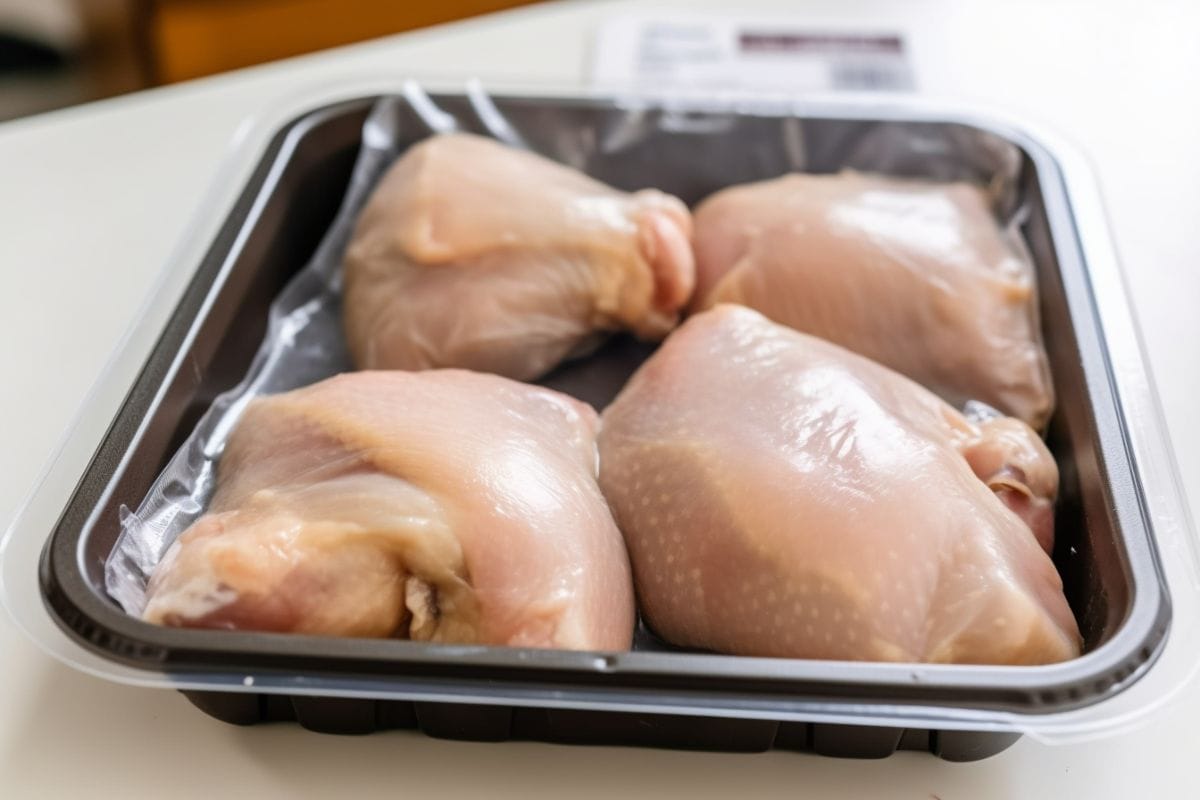
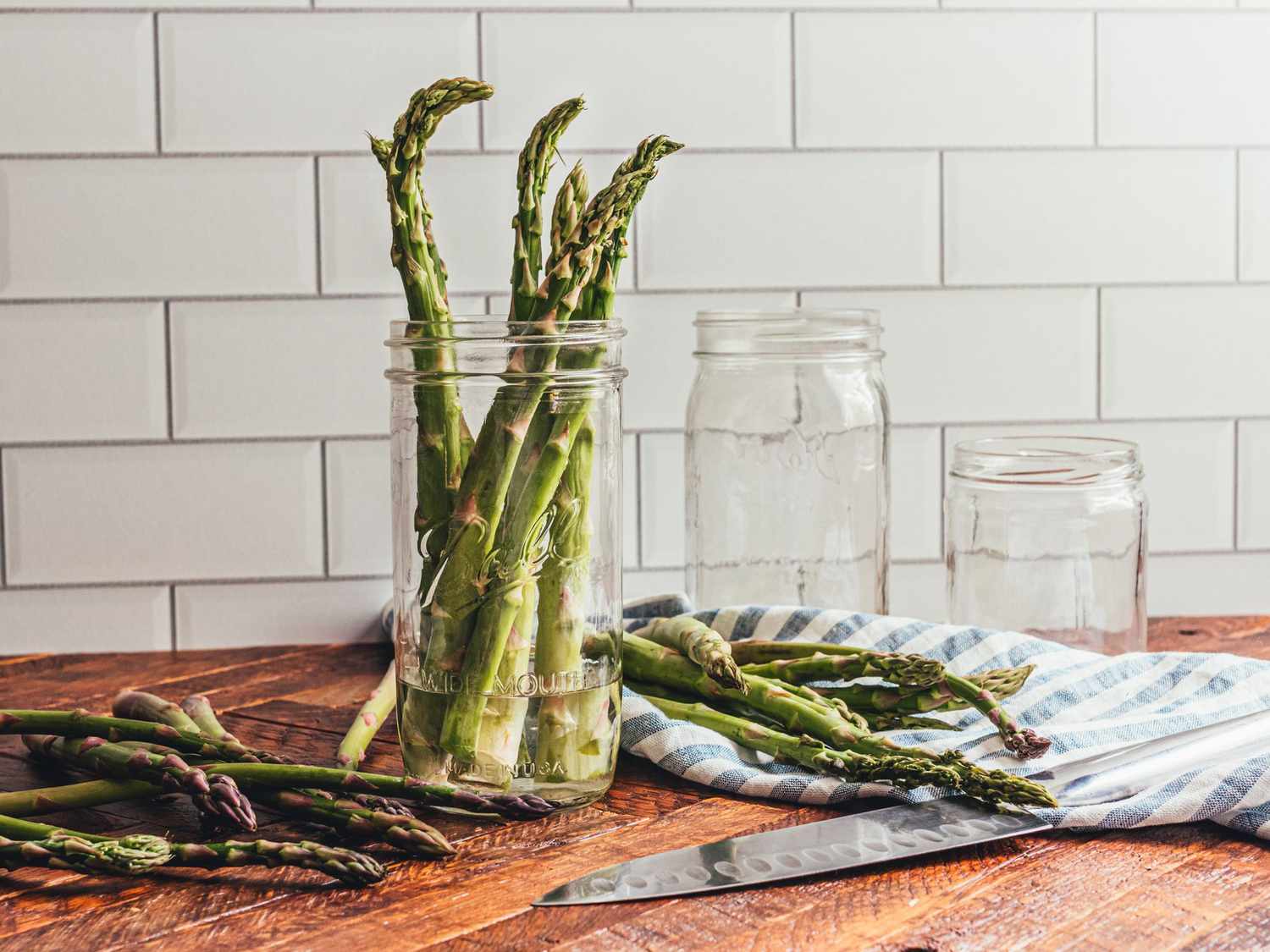
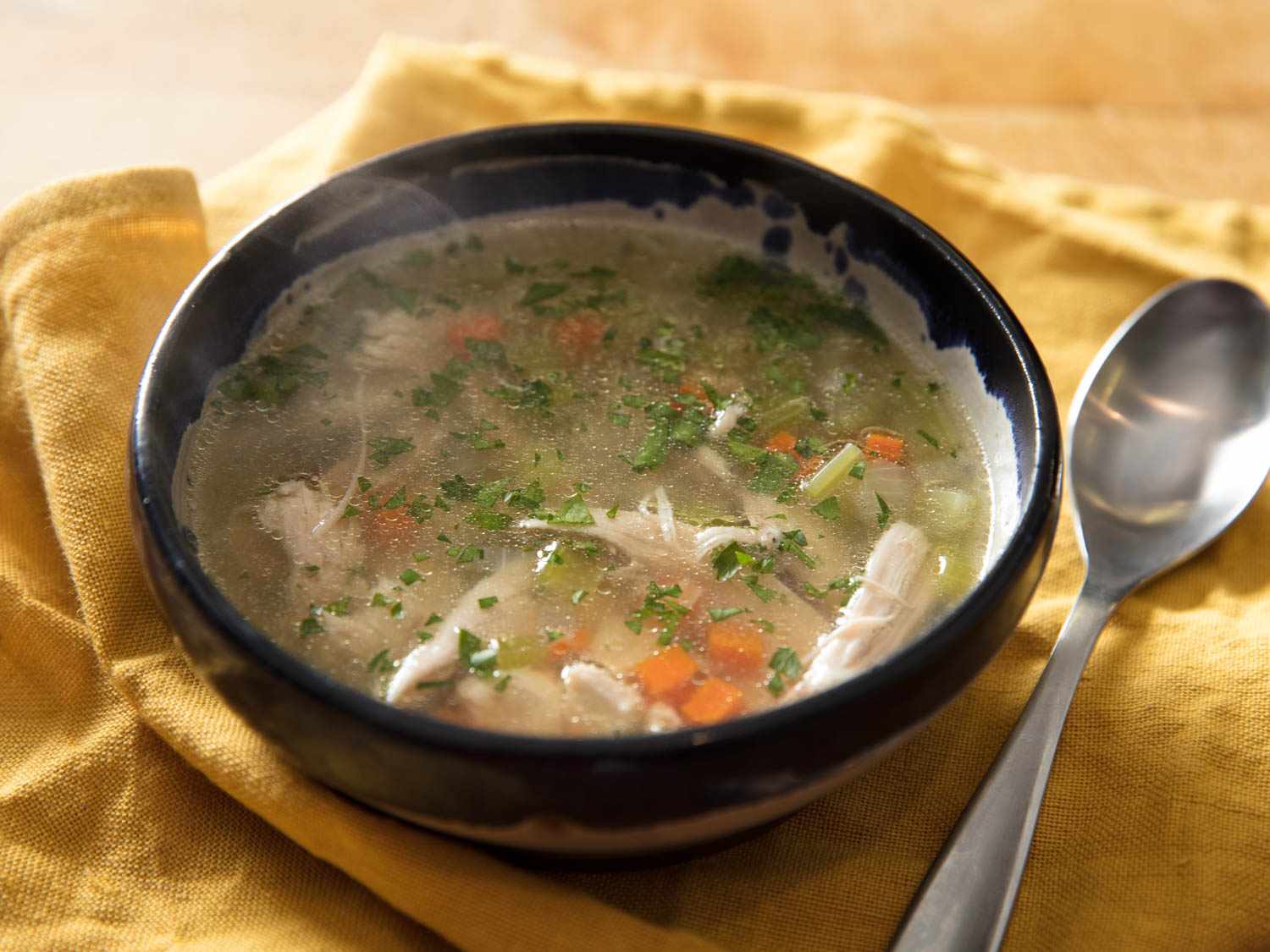
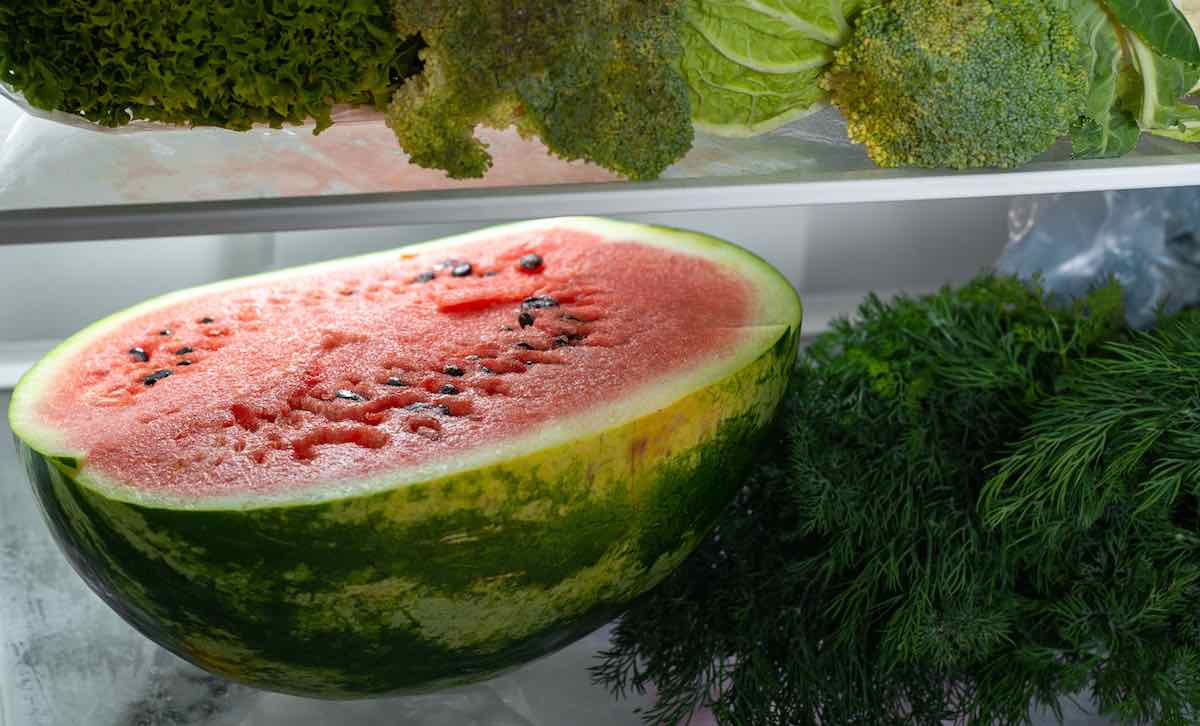
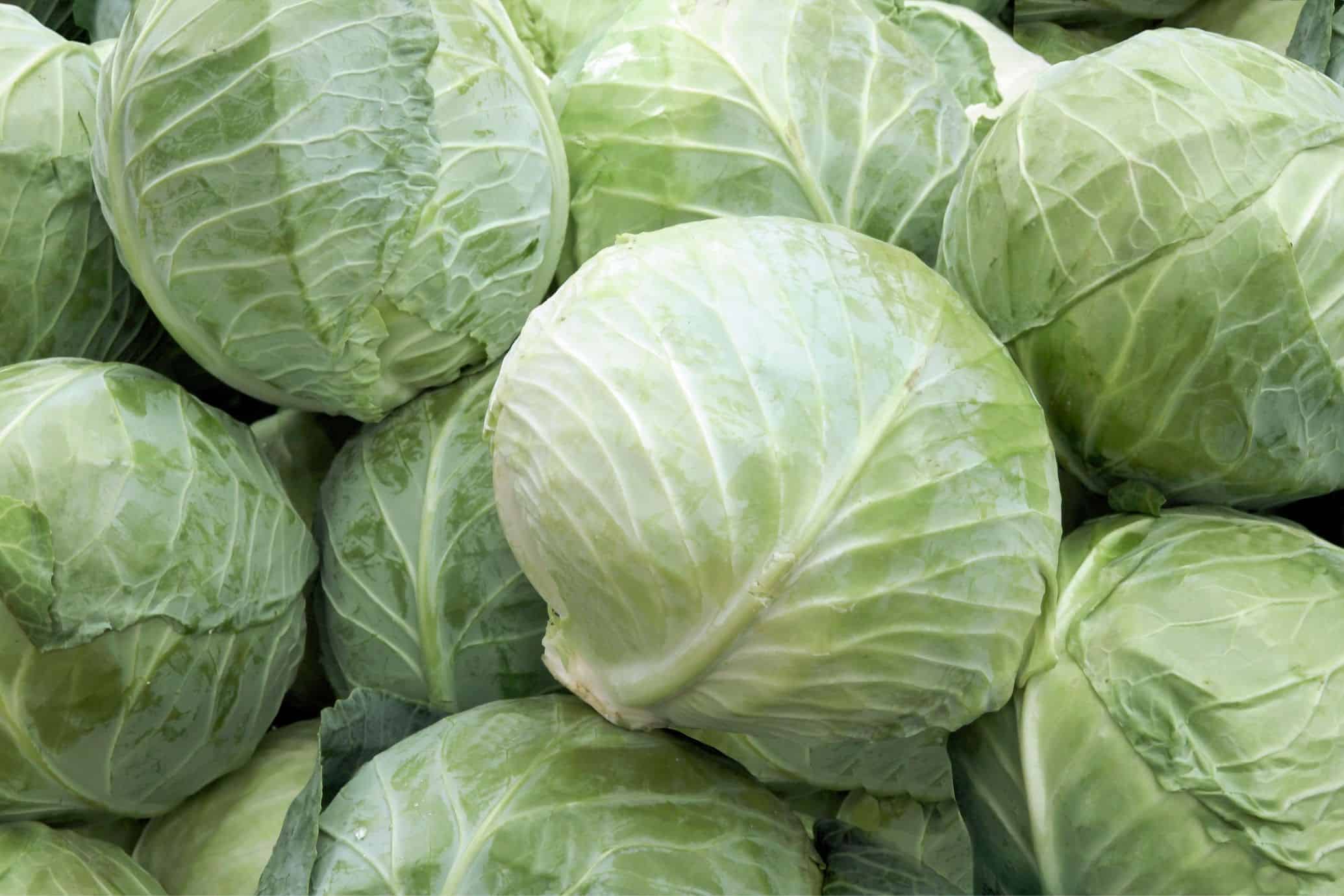
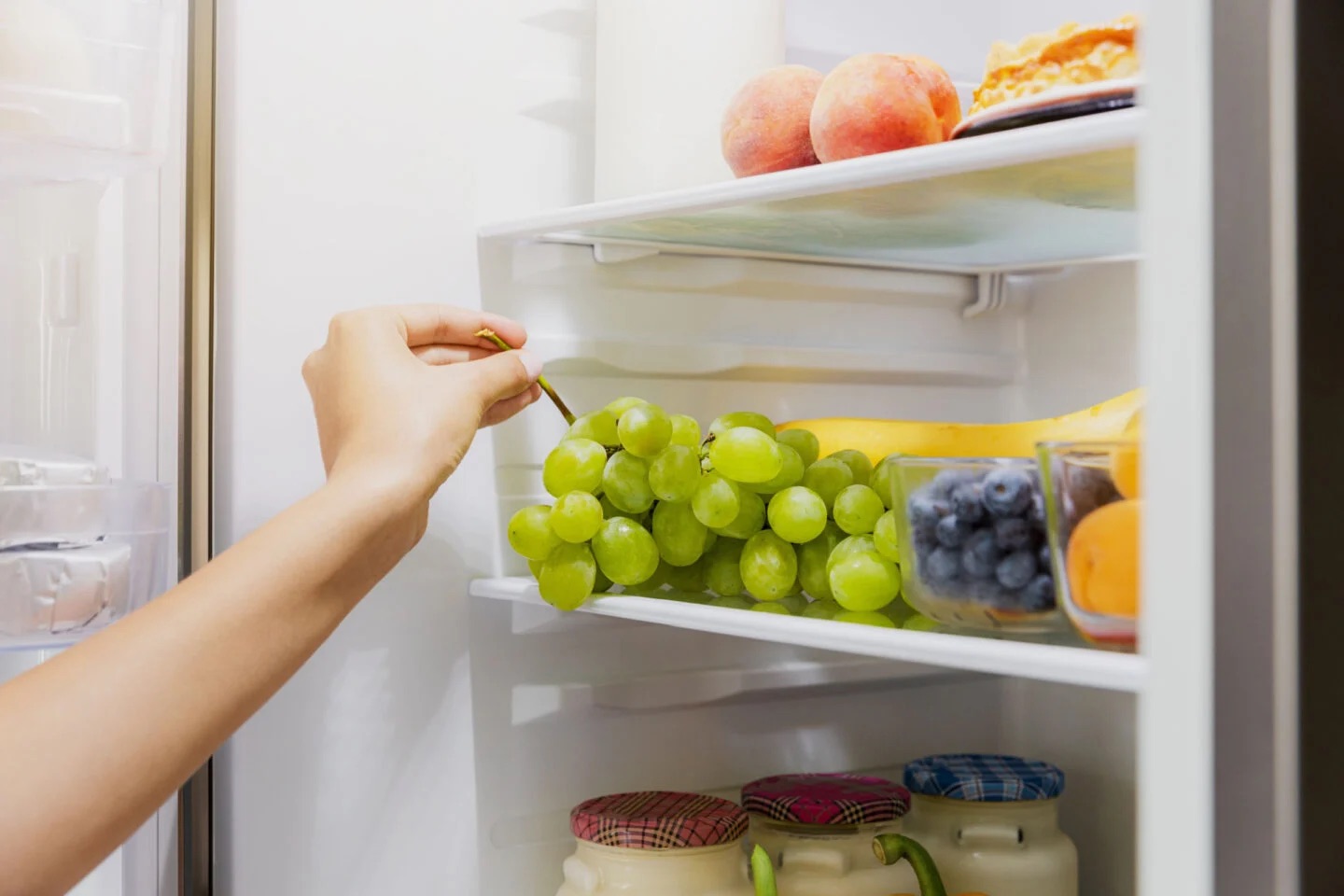
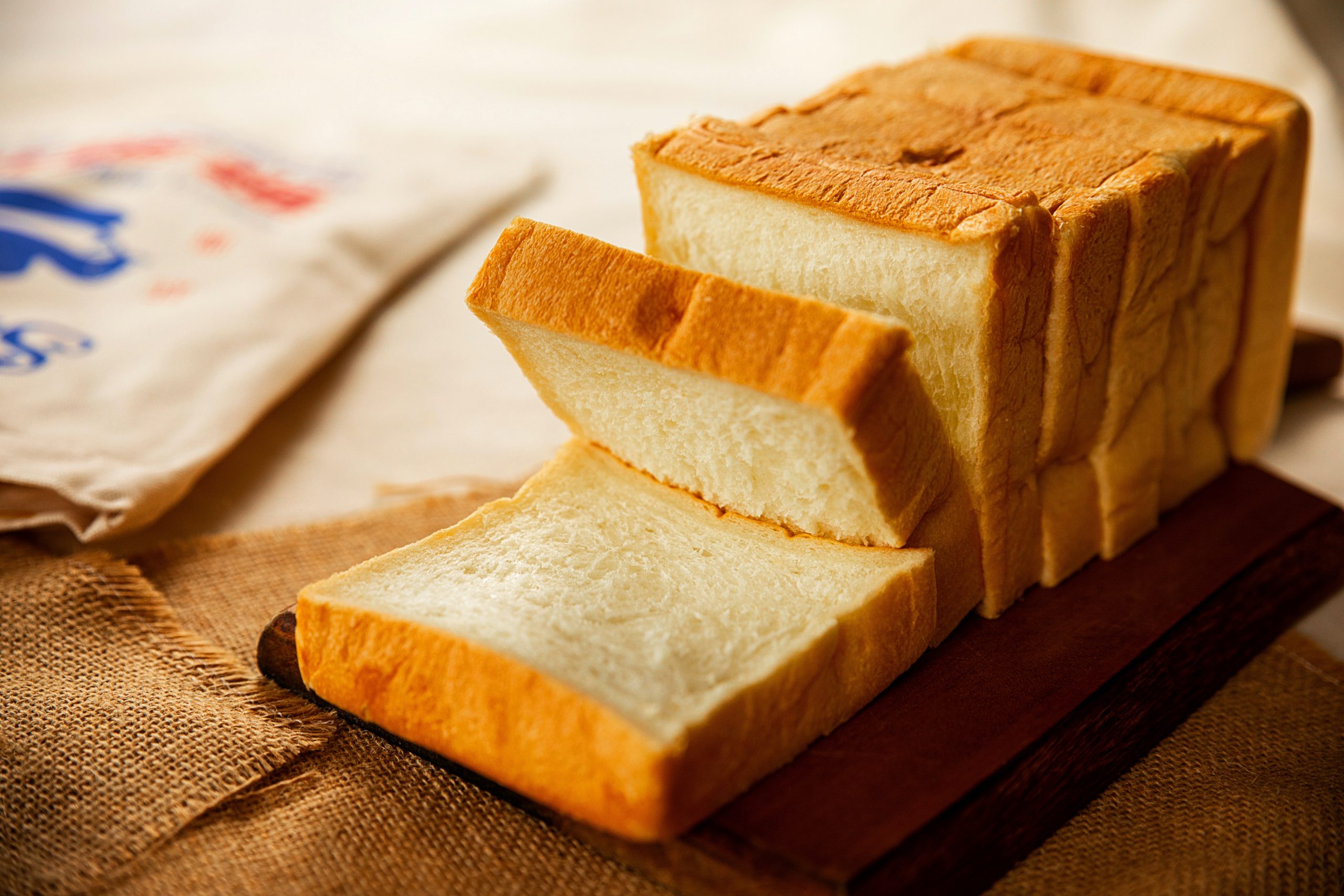
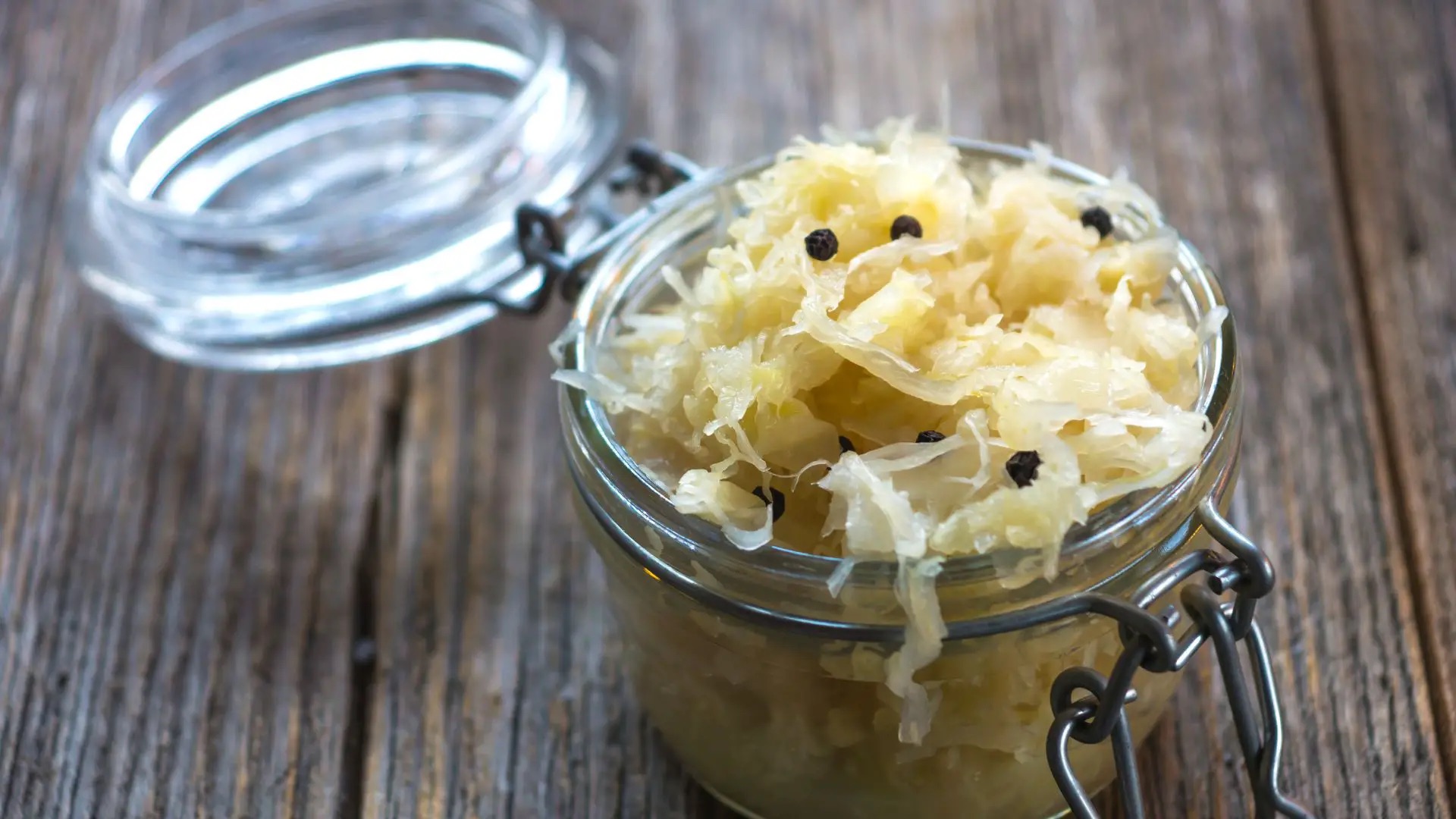
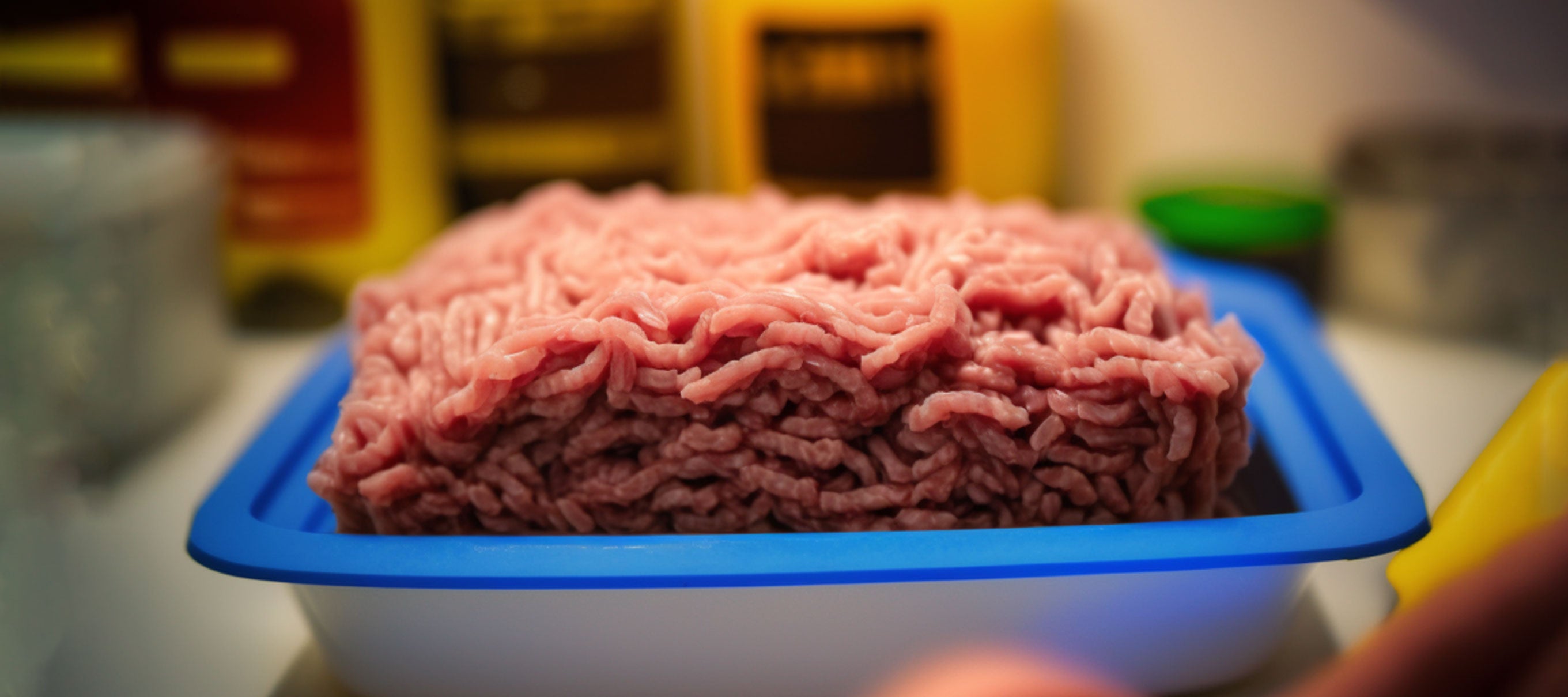
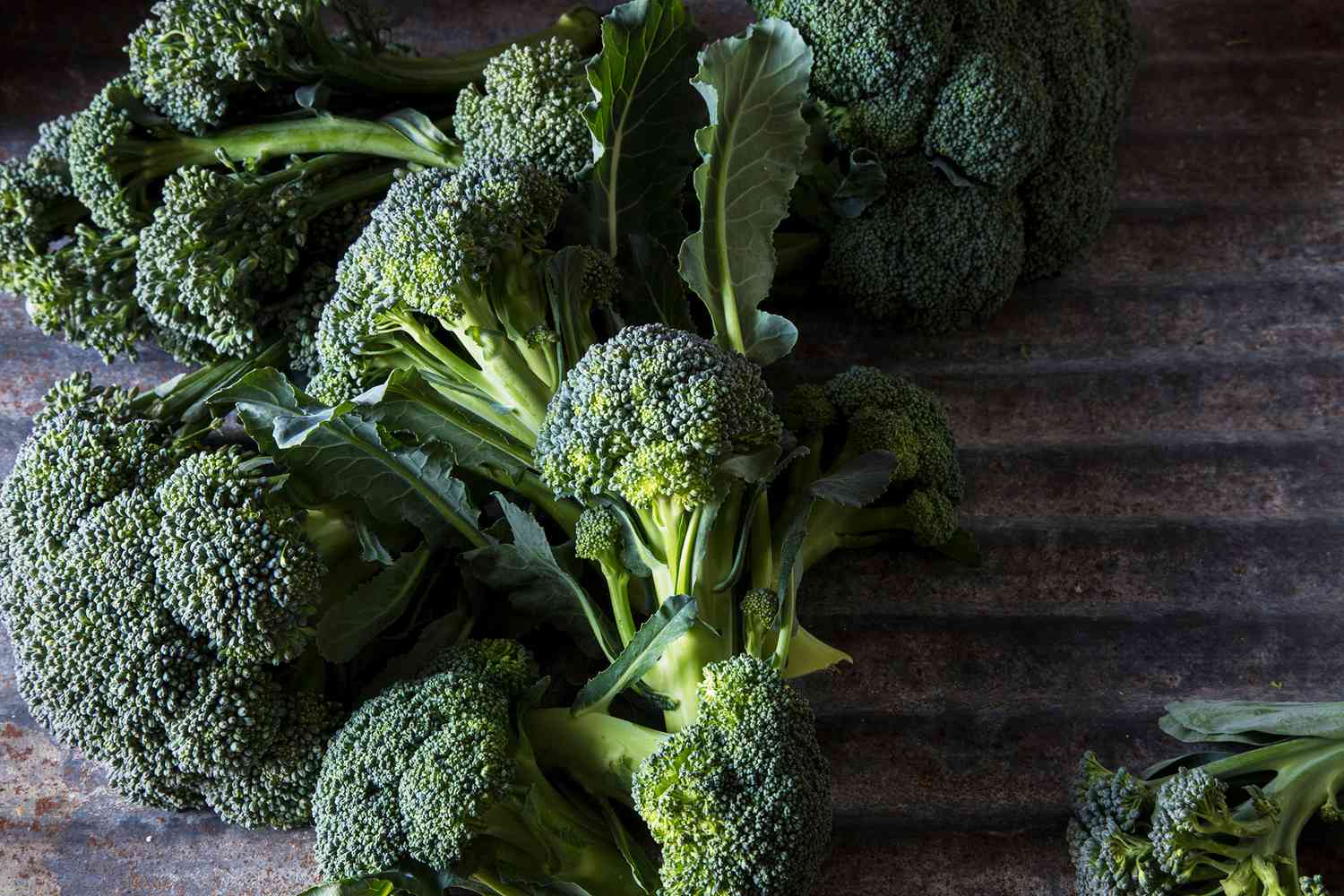


0 thoughts on “How Long Does Homemade Chicken Soup Last In The Refrigerator”